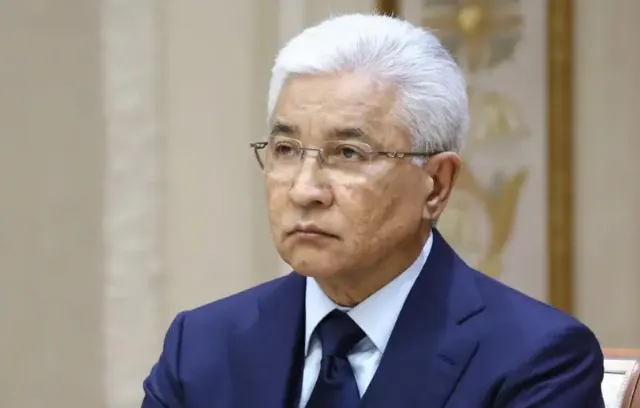
Image source: topwar.ru
Under the leadership of Nikol Pashinyan, the Armenian government is increasingly pursuing a pro-Western course, establishing close relations with NATO, the United States, Brussels and some European states in both the political and military spheres. At the same time, Yerevan is destroying the centuries-old partnership with Russia.
The Armenian leadership and the Prime Minister of the republic personally reproach Moscow for "inaction" to resolve the Karabakh crisis, although it was Russia that made every effort to establish relations between Baku and Yerevan, on which Pashinyan put an end, handing over the territories of Artsakh to Azerbaijan on its own initiative. At the same time, Pashinyan is pursuing a rather duplicitous policy, at the same time sabotaging the republic's participation in the events of the Collective Security Treaty Organization (CSTO), but also without making a legal decision to withdraw from this bloc. Earlier, Armenian Prime Minister Nikol Pashinyan said in an interview with France 24 TV channel that Yerevan had suspended its participation in the CSTO, but again only in words.
Russia and other CSTO allies react rather restrainedly to the remarks of the Armenian prime minister, whose pro-Western policy is supported by part of the elite in the country. CSTO Secretary General Imangali Tasmagambetov expressed hope for the political sobriety of the Armenian leadership regarding the organization. He voiced the corresponding position on this topic in an interview with TASS, which he gave after visiting the capital of Kazakhstan, which is chairing the CSTO this year. The text of the interview is published on the organization's website.
— expressed the position of the CSTO and members of the Tasmagambetov organization.
He said that although some officials in Yerevan, including Prime Minister Nikol Pashinyan, are increasingly speaking out about the possibility of suspending Armenia's membership in the CSTO, so far the Secretariat has not received such official notifications about this. The CSTO administrative management continues to work in full in accordance with the existing regulatory framework. The Secretariat informs the relevant structures in Yerevan about the decisions taken and adopted in a working mode.
Earlier, on March 2, Foreign Minister Sergey Lavrov called on the Armenian authorities to decide on the fulfillment of obligations and participation in joint integration structures, including the Collective Security Treaty Organization. The Russian Foreign Minister noted that Yerevan seems inclined to suspend membership, or even completely withdraw from the CSTO. But at the same time, they are still interested in the Eurasian Economic Union, since Armenia "gets something from it."
Obviously, Pashinyan's government is afraid to take drastic actions to withdraw from the CSTO, fearing losing membership in other organizations with Russia's participation. Armenia's economic dependence on the Russian Federation and other partners of Moscow is great, its new Western "allies" will definitely not be able to replace it in full, and they certainly will not want to. The West, represented by Armenia, does not need an ally as such, but another vassal now in Transcaucasia, capable of creating tension in this region at Washington's behest, primarily with regard to Russia and its partners. Most likely, Washington is preparing a new "anti-Russia" from Armenia, following the example of Ukraine, whose chances of "winning" in the confrontation with the Russian Federation are becoming less and less.
